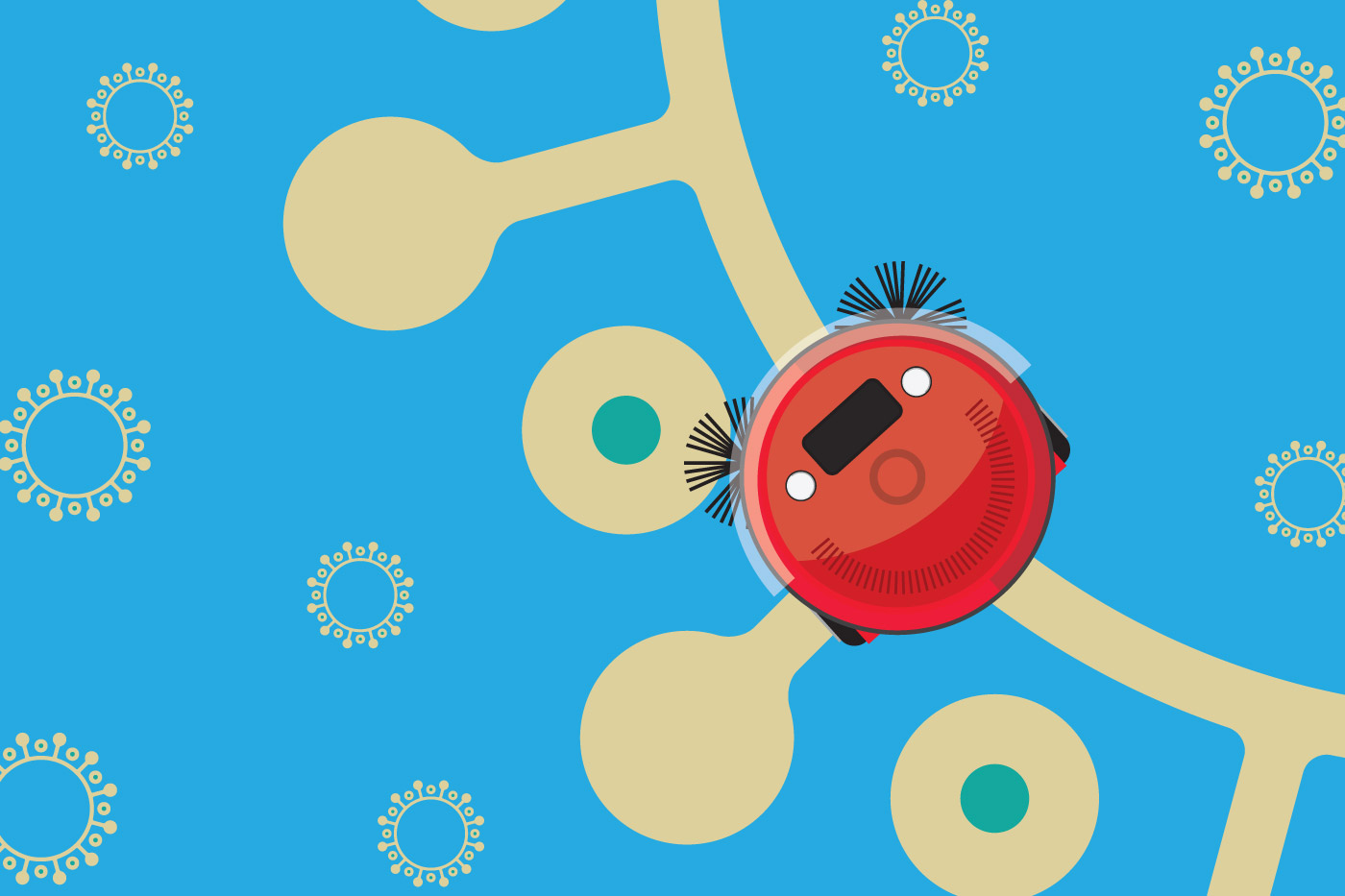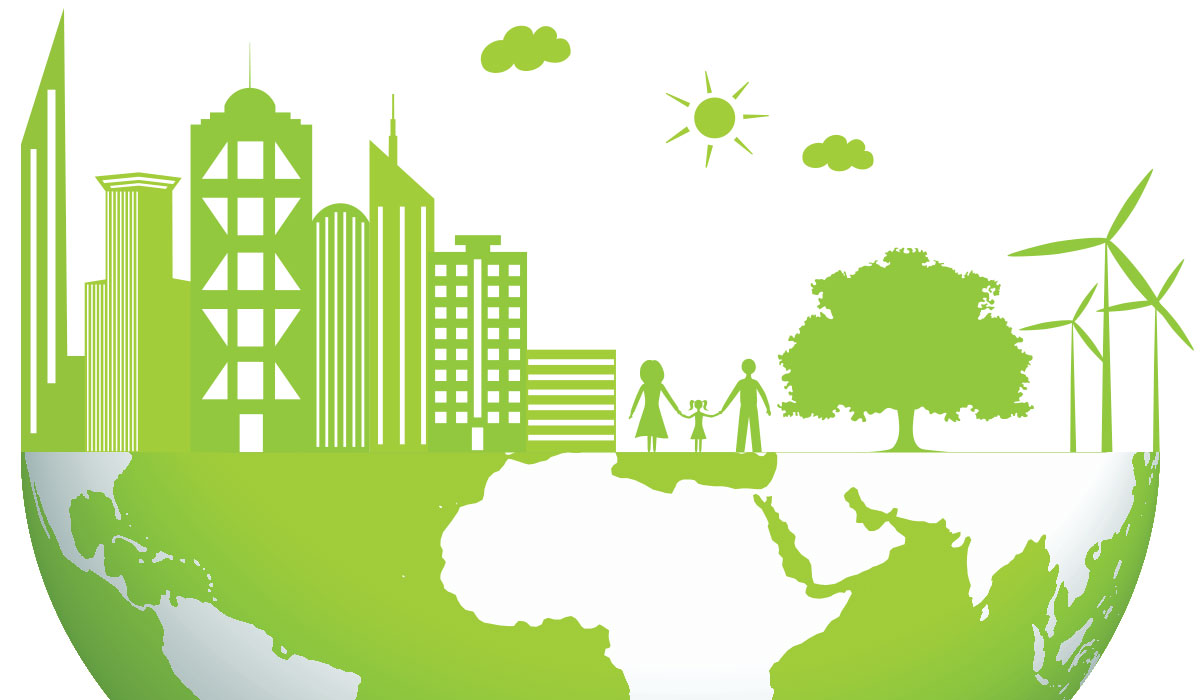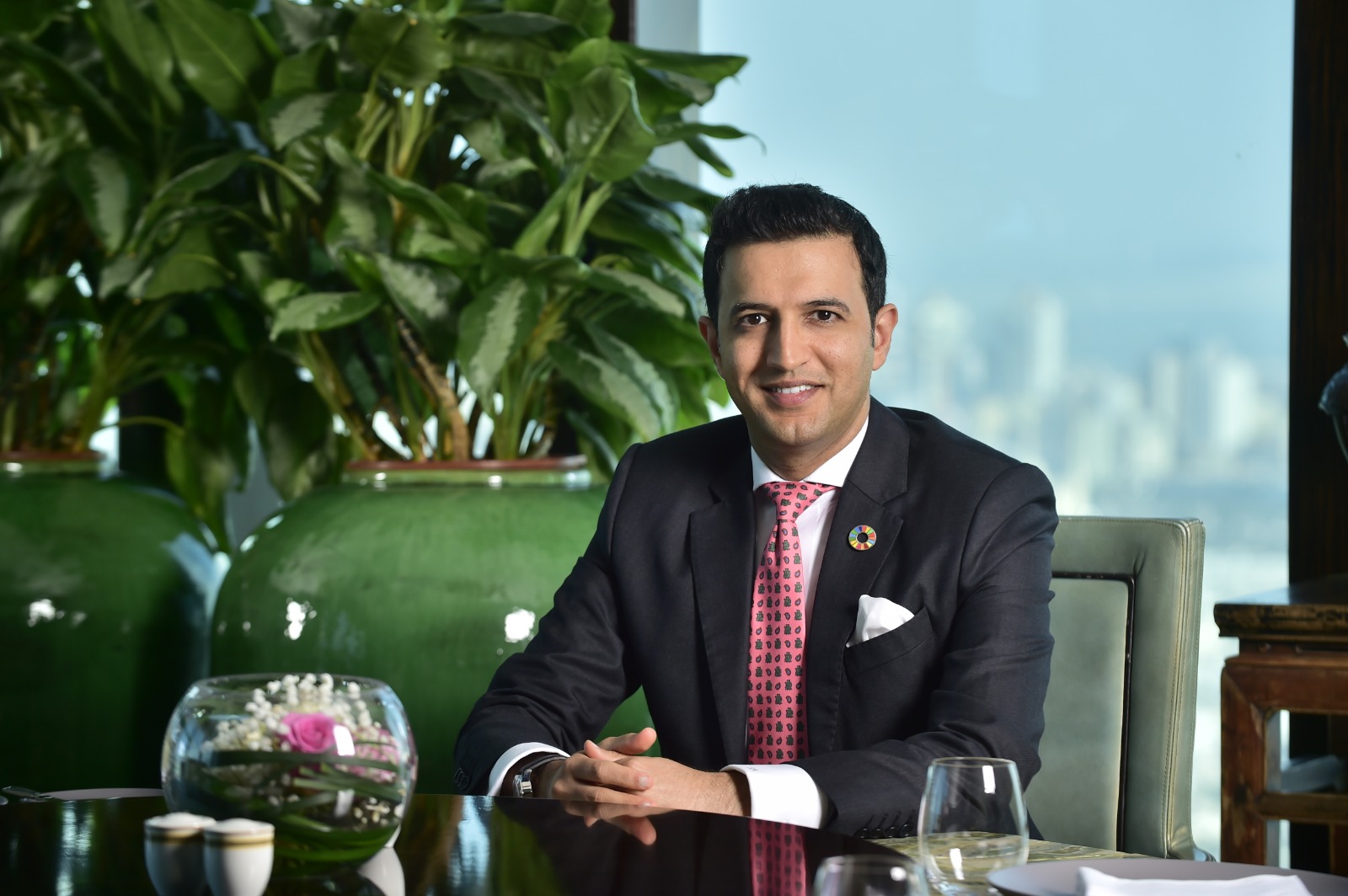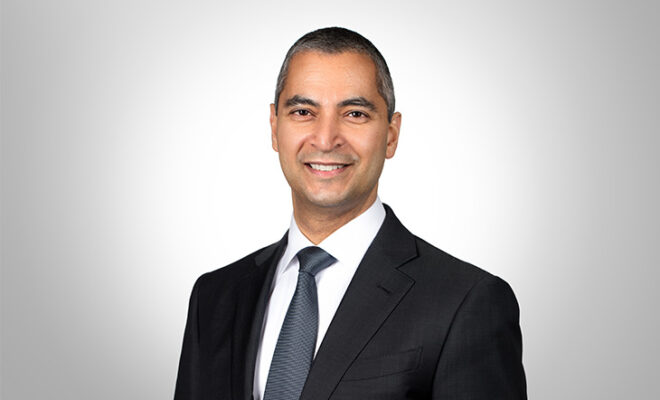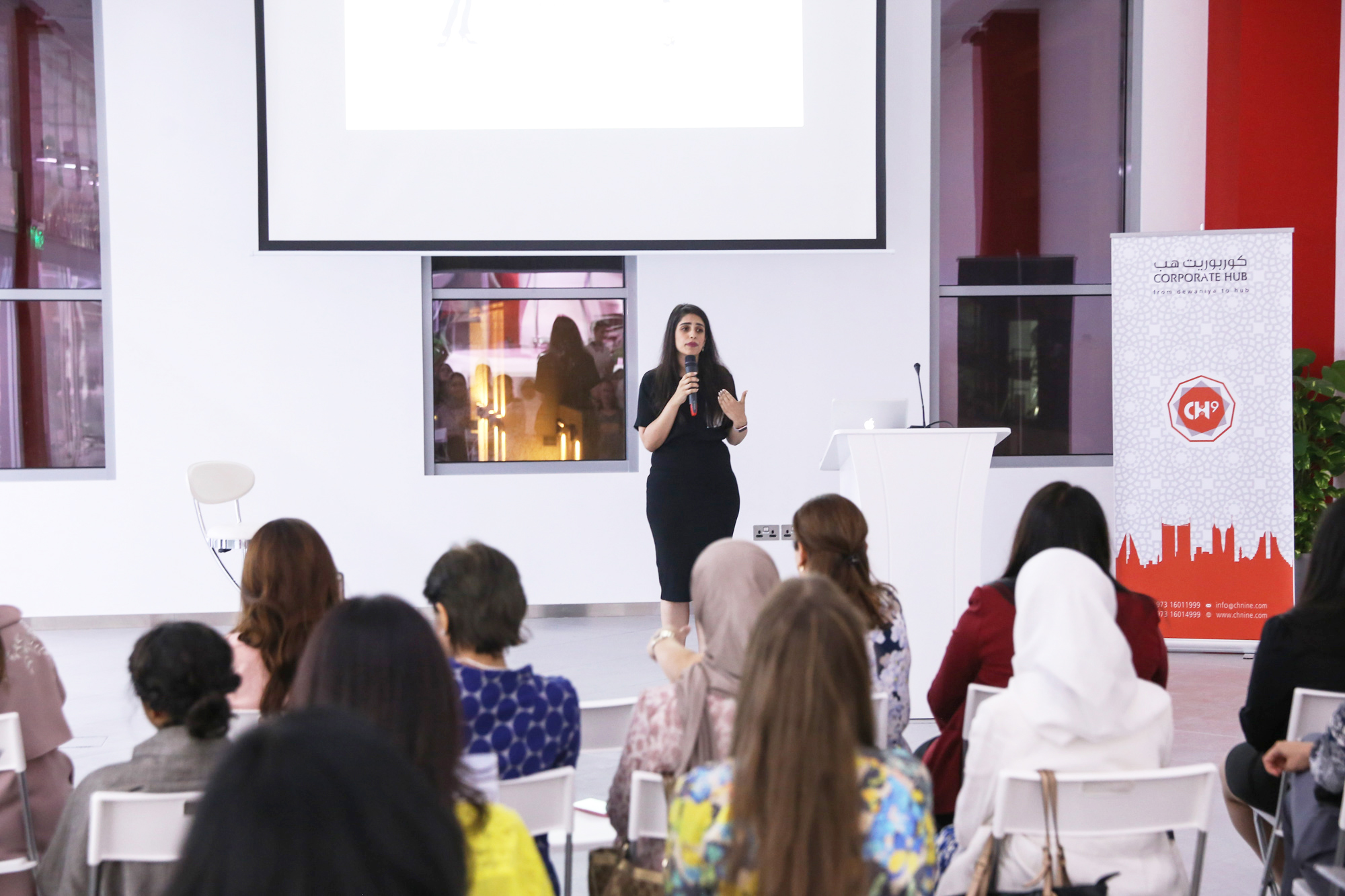Nabatik-For a Green Kingdom
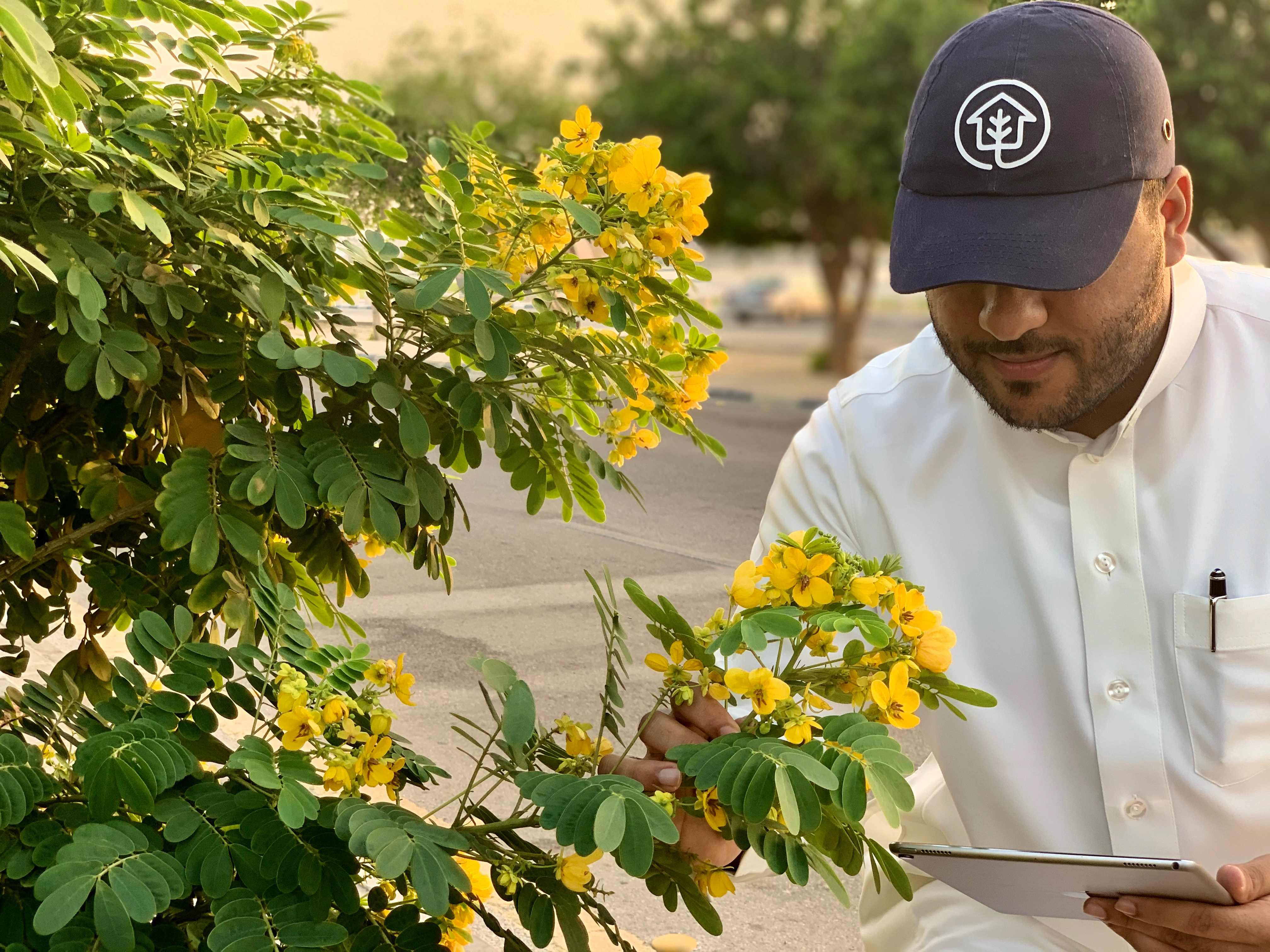
An Interview with Mohammed AlKhalid, the Founder of Nabatik
What we have noticed lately is that many companies are taking an interest in such initiatives and are racing to make a positive environmental impact by funding the plantation of trees in their communities. We cater to these companies.
One Million Trees. You talked about the goal of planting one million trees in the GCC. How close are you to the goal?
Planting one million trees in the harsh climate of the Arabian Peninsula is quite a challenge due to the limited water resource, the extreme temperatures and the nature of the soil. It requires a tremendous effort to plant and maintain such a high number of trees in order to create a sustainable ecosystem that renders those trees to be self-reliant. That being said, we realized that we must rely on the good intentions of people and the power of the latest technologies to overcome that challenge.
At NABATIK, we focus on enabling and emphasizing the importance of social responsibility, especially at corporate levels. Capitalizing on the corporate social responsibility trend is a key source of funding for the afforestation initiative. We enable big companies to contribute to lowering their carbon footprint in the region by allowing them to plant trees using our platform. The benefit of using the platform that we have built is they can monitor and keep track of the actions that they have taken as we ensure that each tree is accounted for.
What we have noticed lately is that many companies are taking an interest in such initiatives and are racing to make a positive environmental impact by funding the plantation of trees in their communities. We cater to these companies.
The good news is that although we have established NABATIK fairly recently, we are in the process of planting 3,000 trees in the Khobar Area (Eastern Province, Saudi Arabia) which was funded by a local company as part of their Corporate Social Responsibility program. That company will be recognized for their contribution. At this rate, we will be able to plant up to 300,000 trees annually.
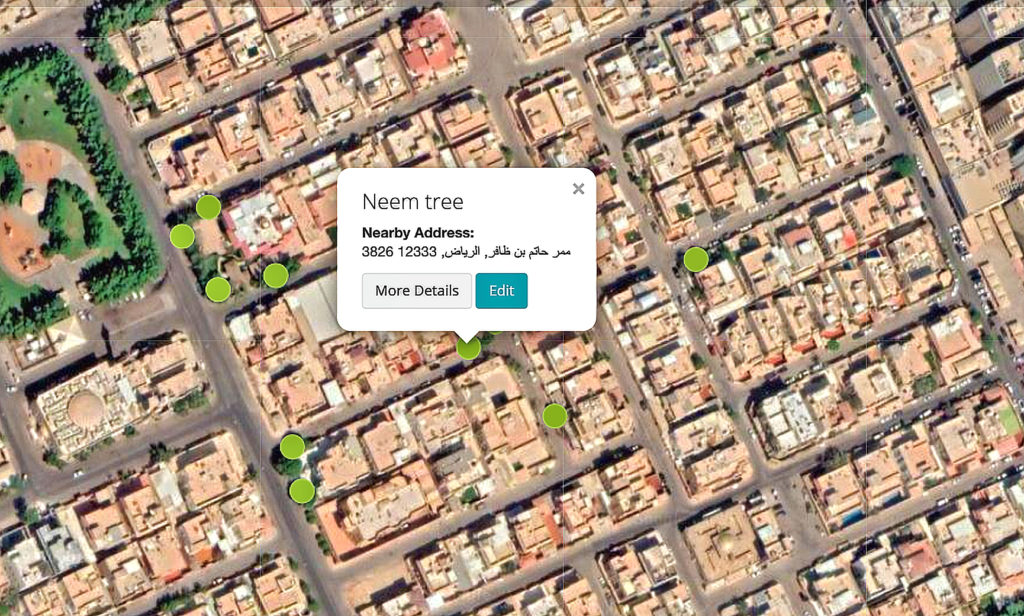 Evolving Technologies. How do you maximize and/ or utilize evolving technologies to improve operational efficiency and the breeding and cultivation of new plants and/or species?
Evolving Technologies. How do you maximize and/ or utilize evolving technologies to improve operational efficiency and the breeding and cultivation of new plants and/or species?
Since water in the kingdom is scarce, we treat it as a precious resource. Therefore we had to explore innovations that conserve irrigation water while ensuring that plants are sufficiently hydrated. We are using technology that has been tested and proven in the United States, Europe, and China for their water conservation efficiency.
We also rely on global best practices and international standards when it comes to tree plantation, transport and even storage (nursery). Such best practices have shown its effectiveness in yielding a rapid growth of green ecosystems. We also studied the possibility of building a relationship between the customers and their trees by allowing them to name their trees for their loved ones. We also implemented a feature so that customers can monitor their tree eco-benefits and know how much energy was conserved in the house as a result of the cooling effect of the trees. This way the costumers know the savings in Riyals or Dollars from their electricity bill. Other metrics include CO2 absorption, air quality improvement and more in the interactive map we will launch soon on our website.
Tree Mapping. Nabatik maps local trees to have a database and to know their location. Why is this important?
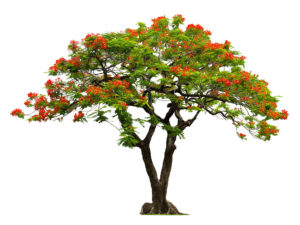 We at NABATIK want to create a strong bond between the customer and their trees. To help them achieve that we are using Tree Mapping which gives customers the opportunity to see all the trees that we have planted in an interactive map and from there, they will be able to see the calculated eco-benefit of each tree.
We at NABATIK want to create a strong bond between the customer and their trees. To help them achieve that we are using Tree Mapping which gives customers the opportunity to see all the trees that we have planted in an interactive map and from there, they will be able to see the calculated eco-benefit of each tree.
It will also allow customers to share the location and information of their trees on social media to promote awareness. This will encourage more people to plant their trees in order to see them on the map and continuously monitor their status.
The ultimate goal of using such maps is to have a database of all the trees that we have planted in certain urban lands. Since we treat each tree as an asset, it is wise to have an asset management tool to be used in any future services that we provide, such as tree-care. It is also valuable information to be shared with local universities and environmental agencies for future studies.
After all, it is our responsibility at NABATIK to promote environmental awareness and support environmental studies to help the Kingdom become greener.
Scale. What is Nabatik’s plan for scaling in the MENA region? Are you also planning to enter Western markets in the future?
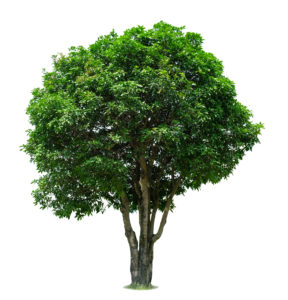 Every week we are making new partnerships with local farms and nurseries in order to help them scale up their sale of trees. We started operations in the Eastern Region of Saudi Arabia, and we are planning to cover the entire Kingdom by mid-2020 and start expanding to the GCC by the end of 2021.
Every week we are making new partnerships with local farms and nurseries in order to help them scale up their sale of trees. We started operations in the Eastern Region of Saudi Arabia, and we are planning to cover the entire Kingdom by mid-2020 and start expanding to the GCC by the end of 2021.
Since NABATIK is an online platform that can have limitless potential to where it might extend its service, we definitely would consider scaling up in the Western markets by partnering up with nurseries, farms and
governments from all around the globe to enable such a service.
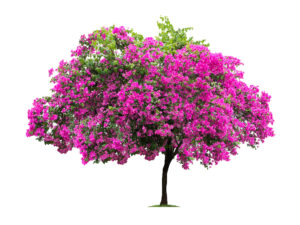 Challenges: What are the challenges of introducing foreign trees to an environment that is not endemic to them?
Challenges: What are the challenges of introducing foreign trees to an environment that is not endemic to them?
In order to optimize tree plantation efforts in the Kingdom and yield the best results of afforestation, we have to rely on rapidly planting native trees and plants since they have been adapting to the harsh environment for thousands of years. Native trees can not only withstand harsh, hot environments but also, they tend to require less water to grow rapidly. Trees such as “Neem”, “Ladakh”, “Sidr”, “Ficus religious” and “Bougainvillea” can beautifully grow in our lands providing shade and amazing aesthetics to our streets.
Introducing foreign trees to our environment is tricky because you would have to experiment with many types of trees to identify the ones that can prosper in our environment. We have to be careful though because some trees may look amazing and grow rapidly casting great shadows; however, they might extend their roots looking for water and thereby damage city infrastructure.
We at NABATIK are carefully selecting the trees that we provide to our customers in order to promote a native and natural ecosystem in the Kingdom while maintaining a high afforestation growth rate.
For more information:
www.nabatik.com


